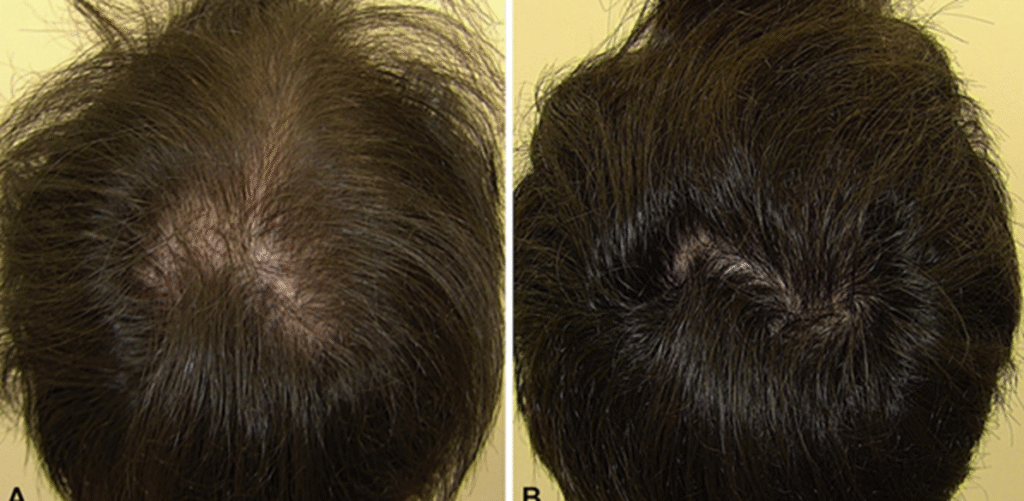
What You Really Need to Know About Oral Minoxidil Side Effects
If you’re looking into hair loss solutions, you’ve likely encountered oral Minoxidil. Initially used for severe hypertension, low-dose oral Minoxidil is becoming an intriguing alternative to topical treatments for hair regrowth due to its effectiveness and convenience.
However, with its growing popularity, a pertinent question arises: What are the side effects?
Understanding the impact of a treatment on your body is essential for an informed decision. With oral Minoxidil, knowing the side effect profile is crucial for every user.
First, How Does Oral Minoxidil Work?
Minoxidil functions by dilating blood vessels, boosting blood flow to hair follicles, and prolonging the growth (anagen) phase of the hair cycle. Unlike its topical counterpart, oral Minoxidil is consumed in tablet form and absorbed throughout the body, meaning it has systemic effects—not just on the scalp.
This systemic nature makes oral Minoxidil more user-friendly for many men and, in some cases, more effective. It’s hassle-free—no mess, no waiting for hair to dry; just take a tablet once daily and you’re set.
So, What Are the Possible Side Effects?
Because oral Minoxidil affects the entire body, it may cause side effects that are uncommon with the topical version. Most side effects are mild and short-lived, but awareness is key:
Water retention: Some users might experience slight swelling in the face, ankles, or hands.
Increased body hair (hypertrichosis): This is more evident in individuals predisposed to body or facial hair.
Changes in heart rate or blood pressure: While rare at low doses, Minoxidil can cause palpitations or dizziness in some users.
Initial shedding: Though it seems counterintuitive, early hair shedding often indicates the treatment is working, paving the way for new growth.
Fortunately, severe side effects are rare, especially when prescribed at suitable doses by a certified provider. For a comprehensive, medically-reviewed summary, consult Sons’ detailed guide to oral Minoxidil side effects.
Who Should (and Shouldn’t) Consider Oral Minoxidil?
Oral Minoxidil might be an excellent choice for men who:
- Find it challenging to consistently use topical sprays
- Have sensitive scalps or react to topical Minoxidil
- Prefer a straightforward, once-daily routine
- Didn’t achieve results with topical treatments alone
Nonetheless, it’s not ideal for everyone. Those with pre-existing heart conditions or those on specific medications should consult a healthcare professional before commencing treatment.
Monitoring and Adjusting
One of the advantages of partnering with a provider like Sons Hair Loss is the continual support offered. If side effects occur, the treatment can be paused, adjusted, or customised to suit your needs better. You won’t be left to figure things out independently.
With any new treatment, tracking changes is wise—both positive and negative. Maintaining a log of your experiences during the first few weeks can help you and your provider identify patterns and make informed adjustments if necessary.
The Bottom Line
Oral Minoxidil represents a promising and convenient option for addressing hair loss—and for many men, it has significantly improved regrowth and confidence. Like any treatment, it comes with potential side effects, but these are typically manageable and less prevalent at the low doses usually prescribed for hair loss.
By educating yourself and collaborating with a reputable provider, you can determine if it’s the right step for you. Because confidence in hair health begins with clarity—and understanding what to expect makes all the difference.
